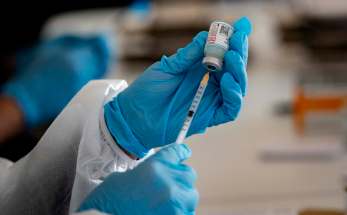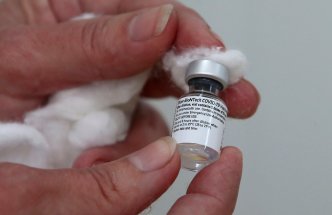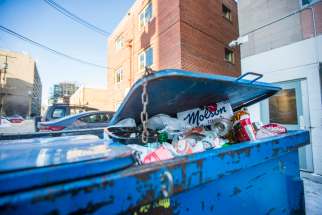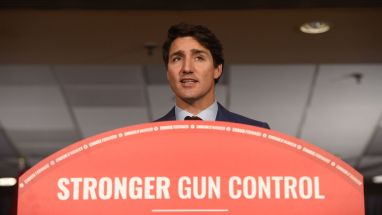Manitoba First Nations face vaccine delays Second doses arriving later than expected; others still waiting
Read this article for free:
or
Already have an account? Log in here »
To continue reading, please subscribe:
Monthly Digital Subscription
$0 for the first 4 weeks*
- Enjoy unlimited reading on winnipegfreepress.com
- Read the E-Edition, our digital replica newspaper
- Access News Break, our award-winning app
- Play interactive puzzles
*No charge for 4 weeks then price increases to the regular rate of $19.00 plus GST every four weeks. Offer available to new and qualified returning subscribers only. Cancel any time.
Monthly Digital Subscription
$4.75/week*
- Enjoy unlimited reading on winnipegfreepress.com
- Read the E-Edition, our digital replica newspaper
- Access News Break, our award-winning app
- Play interactive puzzles
*Billed as $19 plus GST every four weeks. Cancel any time.
To continue reading, please subscribe:
Add Free Press access to your Brandon Sun subscription for only an additional
$1 for the first 4 weeks*
*Your next subscription payment will increase by $1.00 and you will be charged $16.99 plus GST for four weeks. After four weeks, your payment will increase to $23.99 plus GST every four weeks.
Read unlimited articles for free today:
or
Already have an account? Log in here »
Hey there, time traveller!
This article was published 17/02/2021 (1761 days ago), so information in it may no longer be current.
Manitoba chiefs are asking why the second doses of the life-saving Moderna vaccine are showing up late to their First Nations, more than a week after arriving in the province.
The delay, which echoes the initial rollout last month, raises questions about who is actually in charge of getting COVID-19 vaccine doses to First Nations on time.
“A lot of people felt like they were being lied to. They’re being let down,” Cross Lake Chief David Monias told the Free Press, describing a confusing rollout in a community already trying to stem a surge in coronavirus cases.
“There hasn’t been a lot of transparency.”
Manitoba’s second shipment of Moderna vaccine arrived in the province Feb. 6 — so it’s unclear why second doses are showing up to reserves 10 days after that.
“We had to scramble, get our people lined up again, set up appointments. It’s hard to do that when you’re in the middle of testing over 300 contacts.” — Cross Lake Chief David Monias
Moderna says patients are supposed to receive their second dose at least 28 days after their initial shot, and ideally as close to that 28-day mark as possible.
The World Health Organization and a federal panel have both said that any delay beyond six weeks could be dangerous, though Manitoba has avoided that situation so far.
Cross Lake, known locally as Pimicikamak, got its second doses just a few days short of that cutoff. The community started first-dose immunizations on Jan. 7, and received the second ones Tuesday, two days short of a six-week lag. That’s also 12 days later than Moderna’s recommended timeline for second doses.
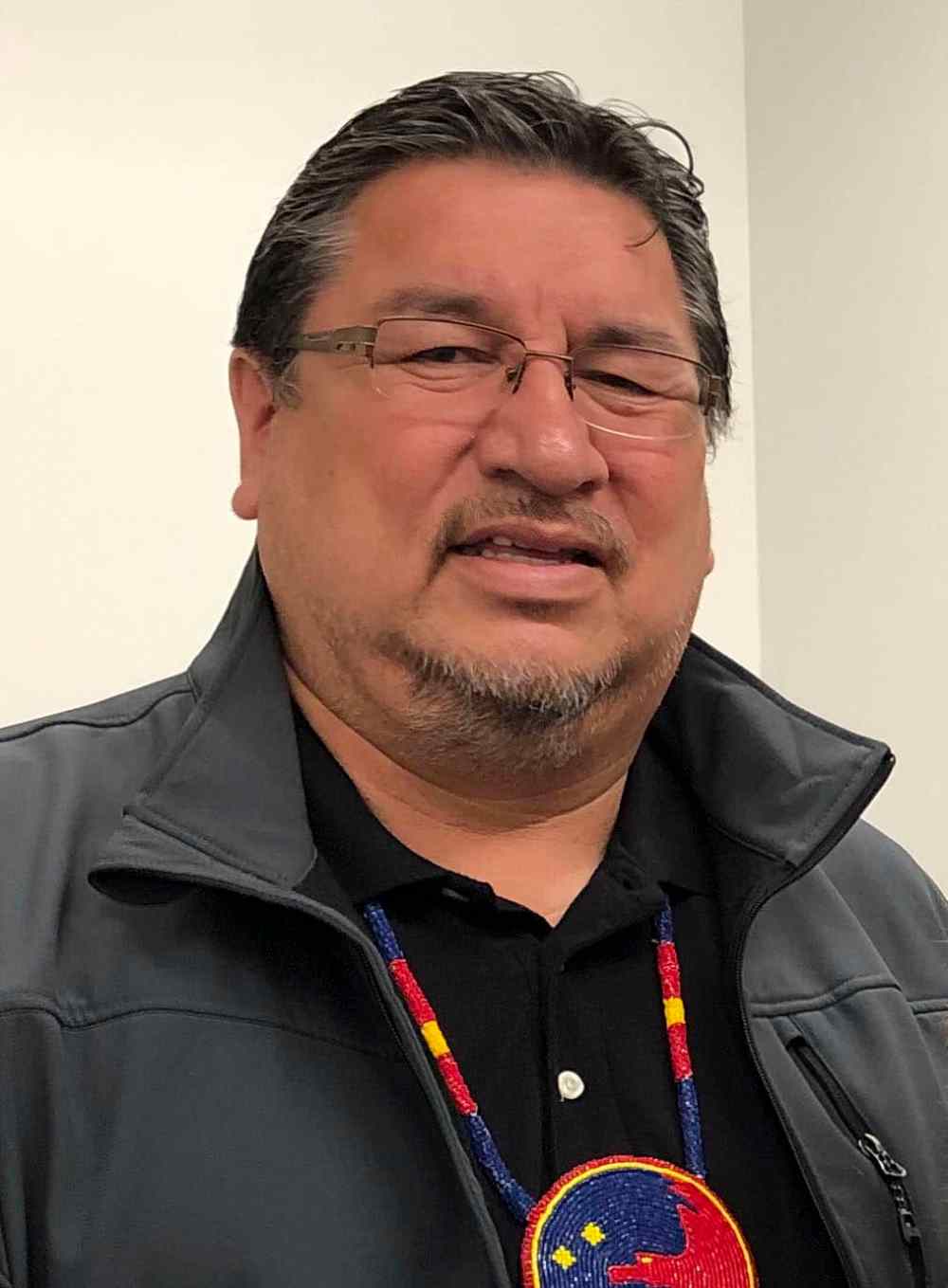
Monias said federal officials originally told him to expect a delivery around Feb. 11, and then possibly at the end of the month, which caused a small uproar among band leaders. Ultimately, he said he got a call Tuesday that the doses were on a plane.
By that point, the community had a suspected case of a highly contagious COVID-19 variant. That presumptive result turned out to be a false-positive late Wednesday. But the preliminary result meant scores of people being re-tested and contact-traced by nurses, who Monias said are working 16-hour days.
That’s when the plane rolled up with more doses.
“We had to scramble, get our people lined up again, set up appointments,” Monias said. “It’s hard to do that when you’re in the middle of testing over 300 contacts.”
“It was frustrating. We were told four weeks and everybody expected it to be four weeks,” Monias said.
Johanu Botha, co-lead on Manitoba’s vaccine implementation task force, said provincial officials have had no problem getting their Moderna booster shots out to personal care home residents on time.
Botha could not say why First Nations such as Cross Lake had not received their second shipment within the recommended 28 days, even when factoring in Moderna’s slight reduction in overall Canadian shipments.
“In terms of both our (personal care homes) and our First Nation partners, who are relying on Moderna, with the information that we have right now, when that comes in should not impact getting the dose to all the right folks,” Botha said in a Wednesday vaccine briefing.
There are presently about 12,500 vaccine doses on hand in the province of Manitoba, Botha said. Most of them are Moderna.
“It was frustrating. We were told four weeks and everybody expected it to be four weeks.” — Cross Lake Chief David Monias
Monias said he was informed of the delivery dates by the health branch of Indigenous Services Canada, the federal agency that runs nursing stations on reserves.
Indigenous Services Canada said Wednesday that it co-ordinates and advocates for First Nations in vaccine rollouts, but that provinces co-ordinate vaccination programs.
Manitoba’s First Nations COVID-19 Pandemic Response Co-ordination Team (PRCT) did not have an explanation for the 10-day lag between Manitoba receiving the doses and them reaching reserves, nor who was responsible for the delay.
The group would only say it anticipated short delays when it decided to get all of the initial shipment out to all 63 reserves as first shots, instead of holding back half that shipment for the second doses, which would have meant a slower immunization campaign.
“We were previously aware that there was a possibility that the Moderna shipping schedule would mean that some Nations would not receive their second doses at exactly 28 days; however, we endeavoured to meet that timing as closely as possible,” wrote Dr. Marcia Anderson, a medical officer of health who is the PRCT’s public-health lead.
“This decision was not come to lightly, but was considered by and agreed to by all partners of the vaccine task force in an effort to move forward with the safest and most fair approach.”
Peguis Chief Glenn Hudson said second doses arrived Tuesday.
“We certainly wanted to meet the 28-day cycle but we understand there are delays with Canada, and the suppliers of the Moderna vaccination,” said Hudson, whose community had no cases as of Sunday.
“Nobody’s happy with delays, but given that it falls within the six-week timeline to administer the second shot, we’re OK with that.”
Opaskwayak Cree Nation administered its first doses on Jan. 18. Officials say they still don’t know when the second doses are coming, and can’t book appointmetns until then.
The first Moderna shipments to First Nations were also delayed in Manitoba.
Manitoba received its first shipment on Dec. 30, 2020, but only put Moderna doses on flights to First Nations communities starting Jan. 7, a process that was slower than the vaccine reaching Saskatchewan reserves.
— with files from Danielle Da Silva
dylan.robertson@freepress.mb.ca
History
Updated on Wednesday, February 17, 2021 7:08 PM CST: Adds photo

